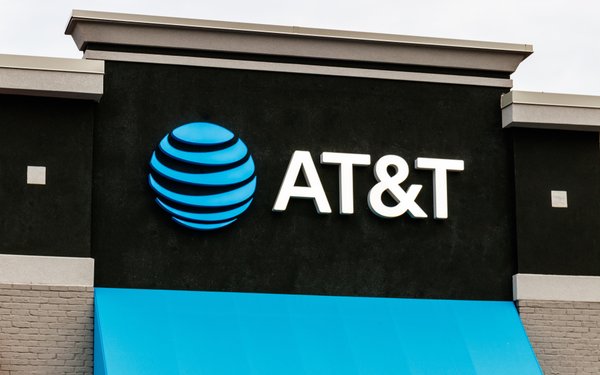
A federal judge in
Maryland has granted requests by AT&T, T-Mobile, Sprint and Verizon to compel arbitration of disputes over their alleged disclosures of customers' location data.
The ruling, issued
Wednesday by U.S. District Court Judge James Bredar, stems from four lawsuits brought this spring by wireless customers who said the companies violated the Federal Communications Act's privacy
provisions by sharing geolocation data with third parties.
All four telecoms asked Bredar to compel arbitration, arguing that the consumers' service agreements include provisions requiring
arbitration of all disputes. The consumers countered that the arbitration clauses in their subscriber agreements should be invalidated for several reasons -- including that they were buried in long
take-it-or-leave-it contracts.
advertisement
advertisement
Bredar rejected the consumers' position, ruling that prior decisions by appellate courts required him to compel arbitration.
“Plaintiffs' emphasis
on the troubling nature of defendants' alleged misconduct ... fails to provide a legally cognizable basis for invalidating the arbitration clauses,” Bredar wrote. “Even if defendants did
engage in egregious conduct, courts must avoid considering the merits of a claim in deciding whether a dispute is arbitrable.”
The customers filed suit shortly after the
publication Motherboard detailed how a journalist paid a “bounty
hunter” $300 to track a phone's location to a neighborhood in Queens, New York.
The carrier for that phone was T-Mobile, which shared the location data with the aggregator Zumigo, which
shared the data with Microbilt. Microbilt then disclosed the information to a bounty hunter, who shared it with a bail industry source, according to the article.
Last year, it also emerged that an aggregator was selling location data obtained from carriers to law enforcement
authorities who lacked warrants.
AT&T, Sprint, T-Mobile and Verizon have said they no longer sell location data.
A separate lawsuit against AT&T over alleged disclosures of
location data is still pending in federal court in the Northern District of California. The subscribers who brought that case -- Katherine Scott, Carolyn Jewel and George Pontis -- are seeking an
injunction prohibiting AT&T from disclosing customers' geolocation data in ways that run afoul of the federal law.
AT&T has asked U.S. District Court Judge James Donato to send that
lawsuit to arbitration.
The subscribers, represented by the digital rights group Electronic Frontier Foundation, are fighting AT&T's request. On Friday, the EFF urged Donato to find the
arbitration agreements invalid.
Among other arguments, the EFF says that courts in California don't enforce arbitration agreements when consumers seek an injunction that could benefit other
members of the public.
“The complaint clearly articulates how AT&T’s deceptive practices affect the public at large who may be deciding which company to use as their wireless
service provider,” the EFF writes in papers filed with Donato. “Plaintiffs’ public injunctive relief would benefit the general public by preventing AT&T from continuing to
falsely and deceptively market its services.”